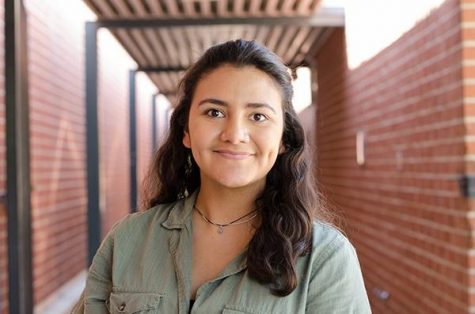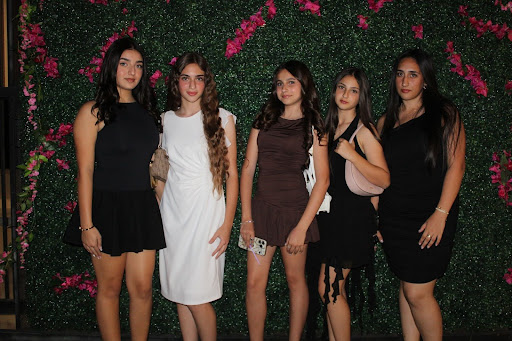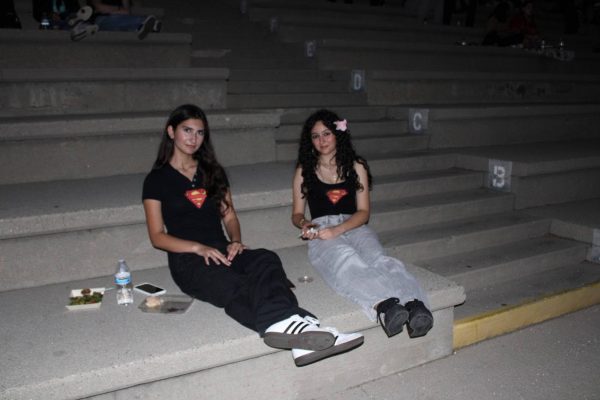Young mathematicians compete for top percentile score
Armin Sadeghi
Seven members of the Competitive Math club took the American Mathematics Competition (AMC) 12 exam on Feb. 17. The exam consisted of 25 multiple choice questions that dealt with algebra, geometry and pre-calculus concepts to be completed in 75 minutes. The goal of the AMC is to stimulate interest in mathematics and to develop an individual’s problem solving skills.
In order to qualify for the next contest, the American Invitational Mathematics Examination (AIME), students need to be in the top 2.5 percent for the AMC 10 and top five percent for the AMC 12.
Sophomore Brijal Shah said the club would work together as a group to solve practice problems in preparation of the exam. “It’s one of the hardest tests that high schoolers can take, so if you get into the next level it’s really good for college applications,” she said.
Members invested several hours in study time for the exam in order to qualify for the top percentile, its rewards would come after. math teacher Fred Blattner said that experiencing and challenging yourself with the AMC is a reward in itself. “If they advance far enough there is prize money,” he said. “They get pins if they get in the top five percent.”
The members used the entire 75 minutes to complete the exam and generally people only solve 15 problems out of the 25, which is considered good. Junior Armin Sadeghi said that those who are in a lower level of math do not have a disadvantage in taking the exam because it is mostly logical thinking. “Leaving the answers blank is beneficial because you get at least one point rather than attempting it and doing wrong resulting in zero points,” he said.
All those who participated in the competition agreed that it was an extremely difficult test but that it was a fulfilling experience that would enhance their skills in solving challenging problems in a timely fashion. Junior Bhavin Shah said that after working diligently to ready themselves for the exam it was worthwhile in the long run. “It’s something that is definitely out of reach initially, and after putting in the time and effort that it takes to do well in these competitions it will certainly give us a sense of what it takes to succeed and the skills that can be carried on,” he said. Results will be scored and sent by the Mathematical Association of America three weeks after the contest dates.

Hobbies/Interests: Tear exertion, slumber, dreaming of going to the gym
Favorite Movie: The Lion King
Favorite Food: Chow Mein
Plans for the future: writing...









